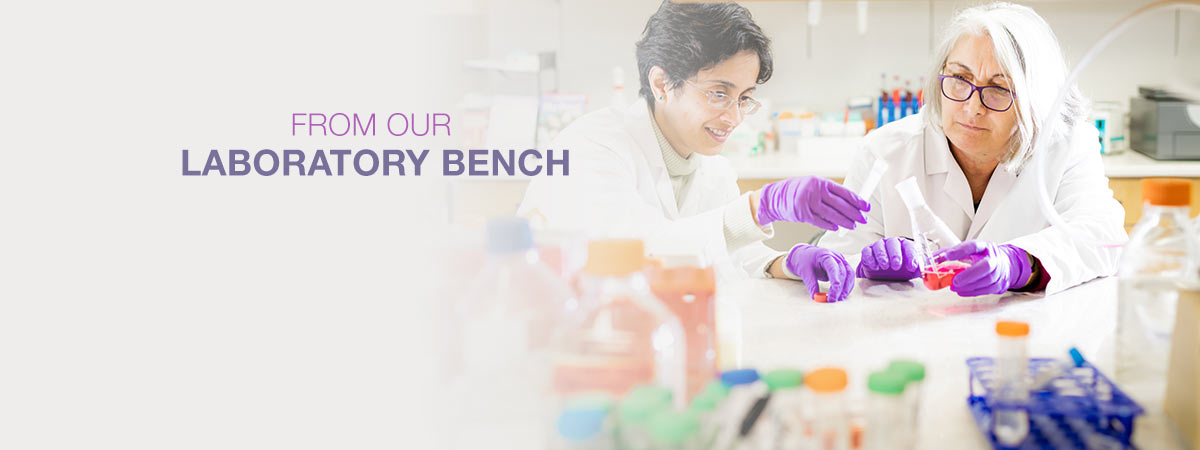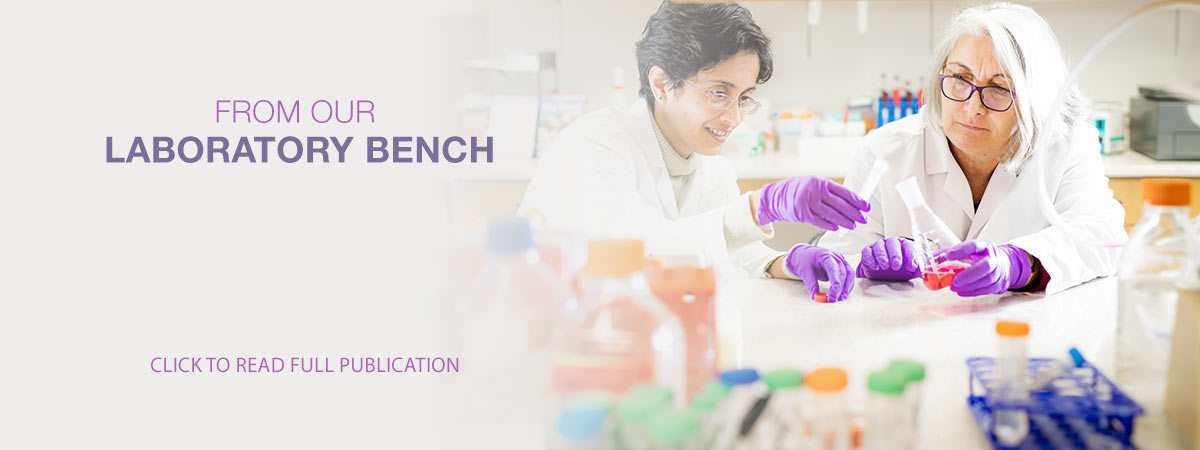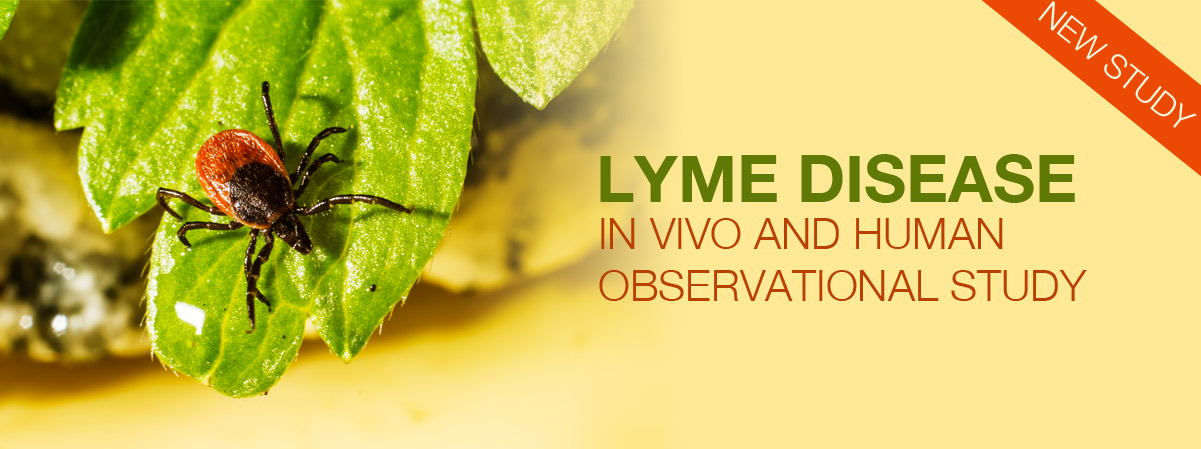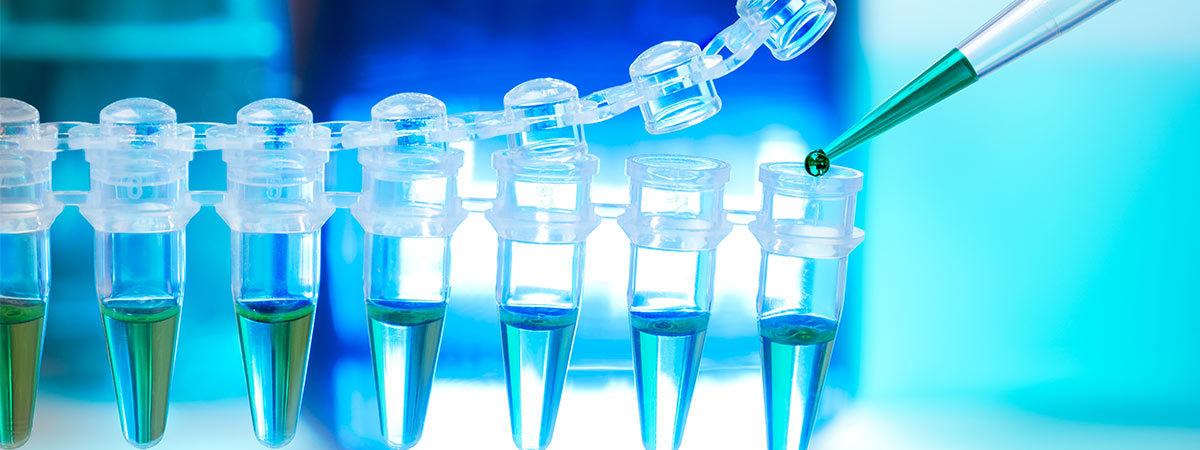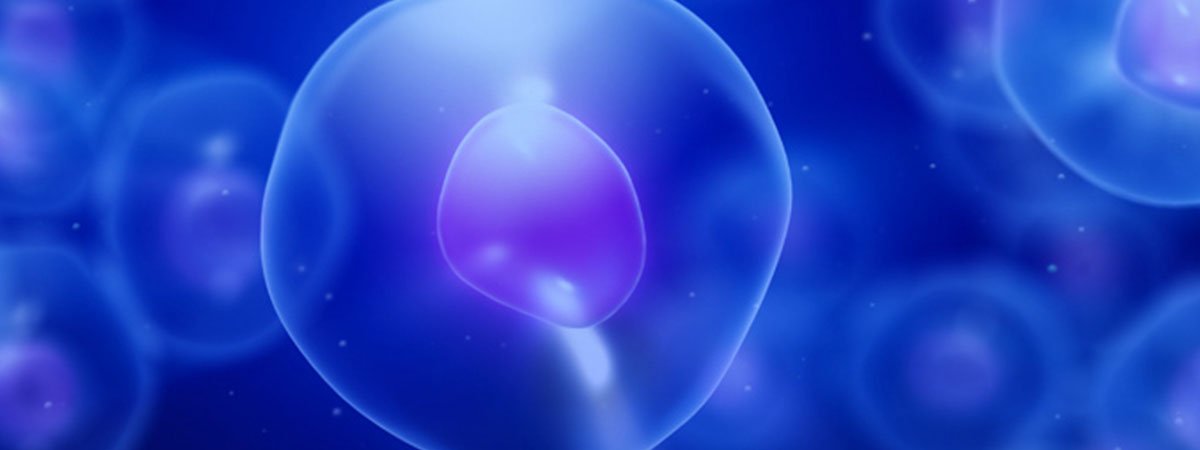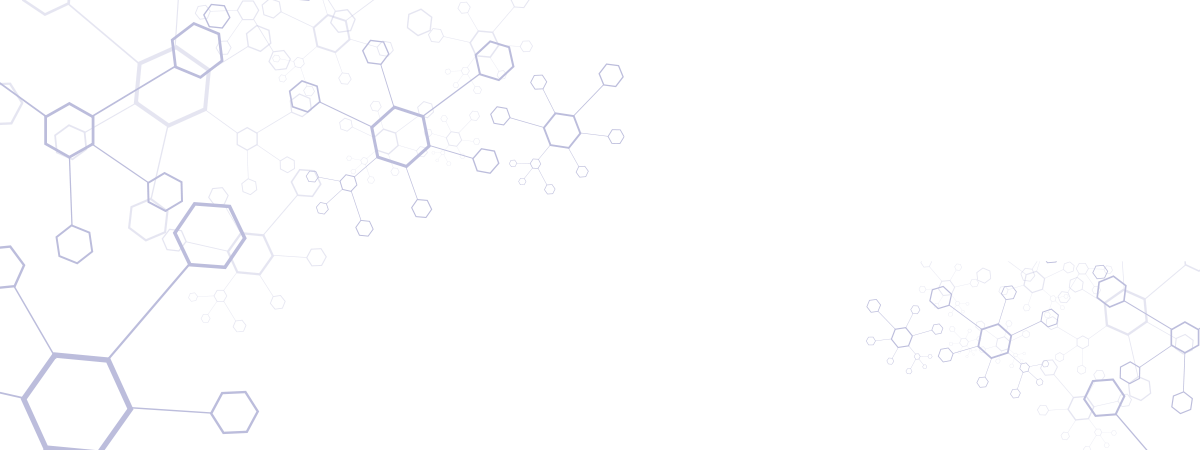G. Lopez, A. Goc, M. Rath, A. Niedzwiecki
American Journal of Food and Nutrition. 2024, 12(2), 49-58. DOI: 10.12691/ajfn-12-2-1
Abstract:
Alzheimer’s disease is the most common cause of dementia, accounting for approximately 60–80% of all dementia cases. Among the genetic risk factors identified, the apolipoprotein E (APOE) gene remains the strongest and most prevalent, impacting more than half of all Alzheimer’s disease cases. Targeting the APOE gene with nutrients and natural compounds could potentially benefit Alzheimer’s disease patients. In the search for such natural-derived compounds, we evaluated the effects of soy-derived estrogenic compounds such as genistein and daidzein, phospholipid precursors such as inositol and choline, phospholipid phosphatidylserine, and vitamins C and E as potent antioxidants on APOE gene transcription as well as APOE, APOE4, and Tau proteins expression in cells cultured in non-inflammatory and pro-inflammatory conditions.
The study was conducted on fibroblasts derived from young and old female Alzheimer’s disease patients and normal human dermal fibroblasts. Depending on culturing conditions, we observed very distinct patterns of changes of the APOE gene as well as APOE, APOE4, and Tau protein status, which differed significantly upon treatment with test compounds in the studied cell lines. To our knowledge, this study is recognizing for the first time, the link between natural compounds and important biomarkers of Alzheimer’s disease identifying that selective estrogen receptor modulator, daidzein, and carbocyclic sugar, inositol, as compounds, which might have importance in Alzheimer’s disease, and other dementia or other brain pathologies. Further in vivo and clinical studies are however warranted to support these findings.
Full Study:
